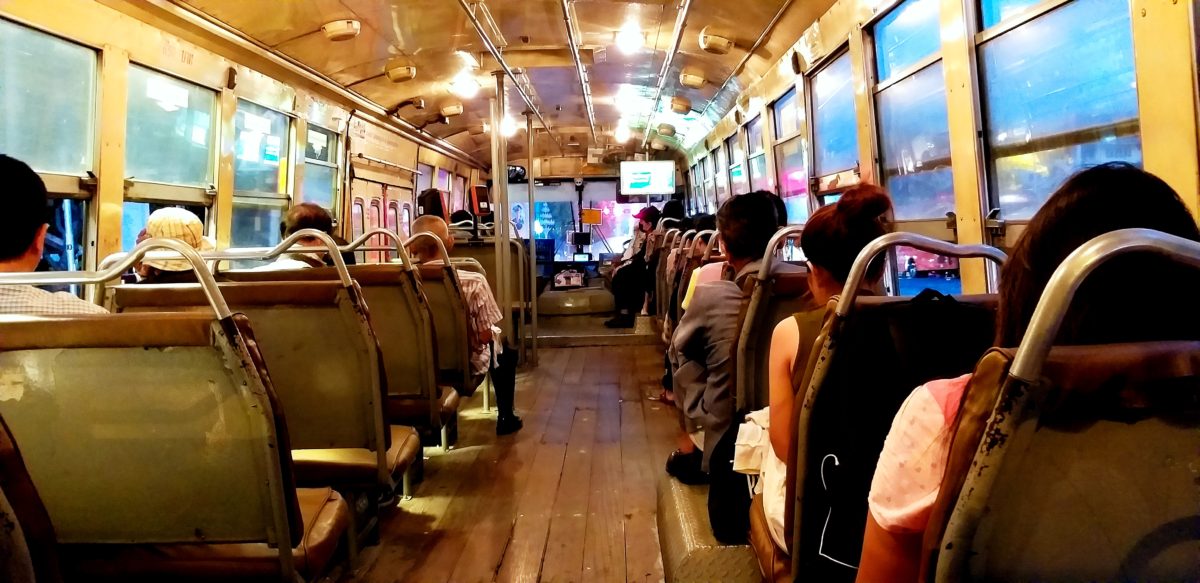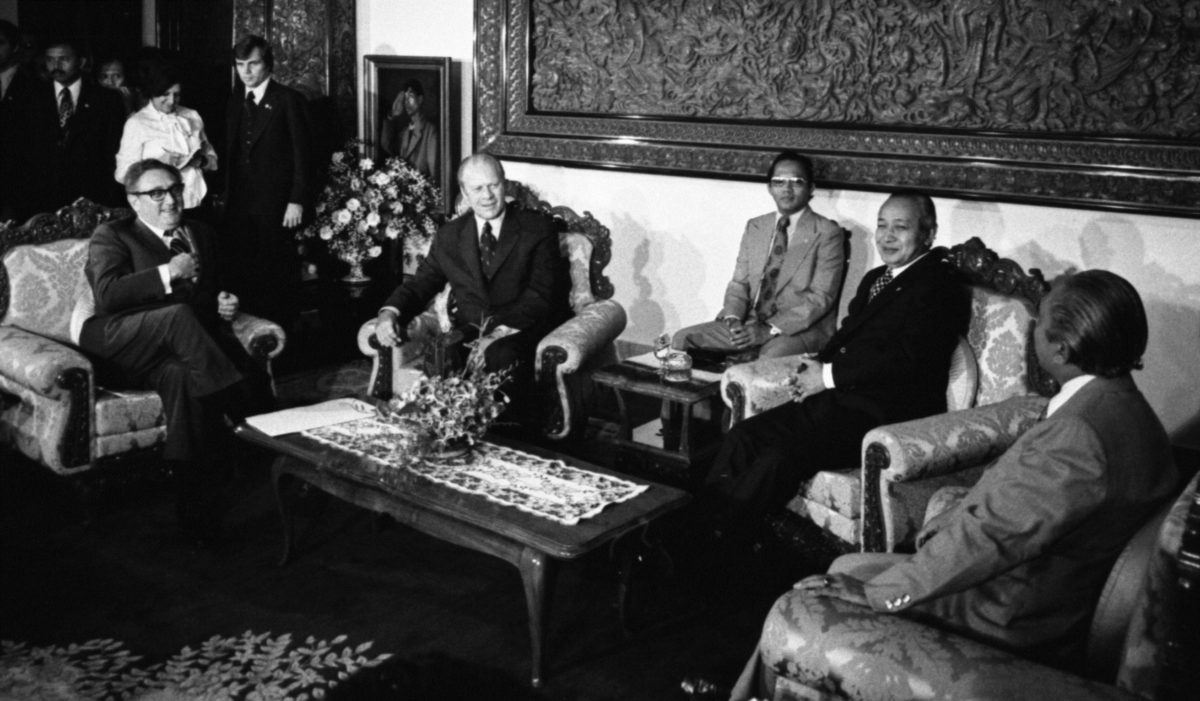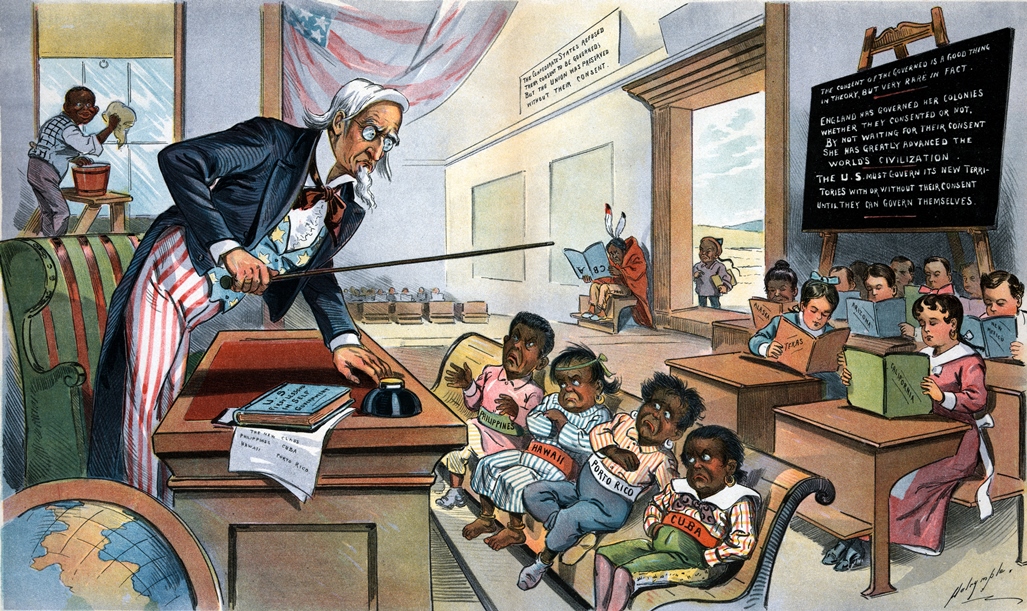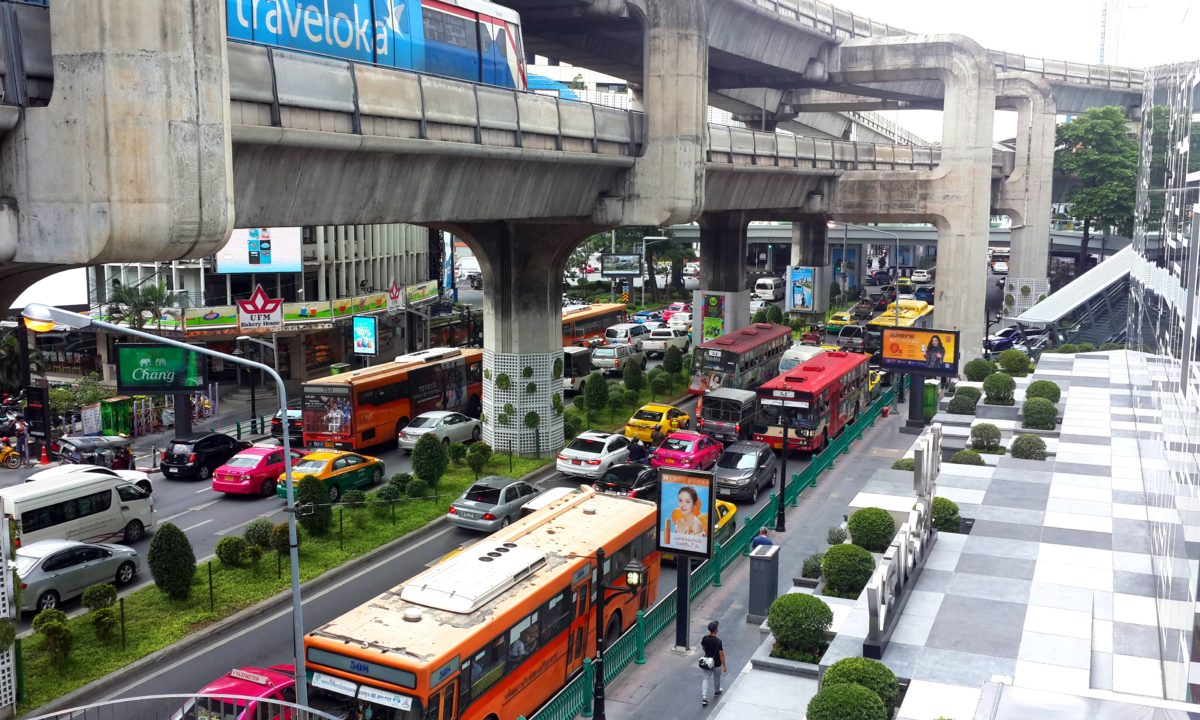The emphasis of this discussion is that we need to prioritize the development of a proper transportation foundation, one that serves the needs and offers benefits to a broad share of, if not the entire, population before adding in those types of technologies that primarily benefit only a small segment of the population.
Continue readingAuthor: Matthew H. Benton
Economists and Corporations: Partners or Opponents?
Economists should challenge corporate power, not be cheerleaders for it; because corporations are anti-social, anti-democratic, and extractive institutions which contradict the most fundamental normative theories that are taught in principles, intermediate, and advanced courses.
Continue readingCapitalism and Democracy: Investors Prefer Stable Authoritarianism to “Dirty Democracy”
In this extended essay, I challenge recent political commentary claiming a mutually supportive relationship between capitalism and democracy, I shed light on the propaganda system surrounding such beliefs, and I argue that the Hong Kong protests stem from something deeper than defense of democracy – mainly capitalism at its core.
Continue readingAnti-Colonial Imperialism: A Critical Omission of the U.S. Development Model
While Americans have achieved on average a high relative standard of living and have enjoyed numerous freedoms compared to other countries, I argue that America is an inappropriate model of development, because it is an unsustainable model built on empire, which many countries cannot, and I would argue should not seek to, emulate.
Continue readingSuggested Principles for Rationing Road Space in Bangkok to Deal with Congestion
If the residents of Bangkok are serious about reducing commute times for all commuters, not just motorists, I suggest we take an honest look at the root of the problem and then I will offer some technical and non-technical solutions. One solution, in principle, is simple. Let’s start by removing all users so we begin with an empty road. Who should be the first to be allocated road space?
Continue readingSelf-Labeled “Capitalists” Who Do Not Quite Understand Capitalism
If society is to have any constructive discussion about our economic system and possible institutional changes for a better, more sustainable, future, we need to reach a mutual understanding about the system we currently have. Part of the problem stems from economics education, in which the term capitalism is rarely used.
Continue readingEconomists Should Promote Self-Esteem Through Non-Consumptive Means
Promoting self-esteem through non-consumptive means is more economic in the sense that it does not take as much energy and material throughput to achieve the same goal, nor does it come at the mental health cost of unrecognizably lowering self-esteem only to raise it back to a baseline level through the consumption of products.
Continue readingWhy History and Philosophy are Critical for Teaching Economics
Why are historical and philosophical context important for teaching economics? It depends what the goal of economics education is. If the goal is to use economics to promote the current economic system, then it makes sense to abstract from value questions in teaching, because the underlying values of the system are already built into the mainstream economics curriculum. If the goal is to use economics education to help society, then it is important for a number of reasons.
Continue reading


















































Password protected
Password protected
Password protected
Password protected
Password protected
Password protected
The topic of the essay is very interesting, it highlights an alternative perspective on tackling urban crimes. It is well…
Password protected
Password protected
The arguments you bring up to advocate for the reduction of privatisation of the educational sector are highly relevant. However,…
Password protected
Very interesting essay and I agree with you that the IMF and its policies in Greece had brought many negative…
I believe that such micro-mobility’s succes depends on the city and the way its transportation infrastructure has been planned over…
I agree that the privatisation of education has clearly become a problem for education overall. The fact that school teachers…
Very interesting to look at a solution for crime and an improvement in health through the usage of art. I…
Very interesting article! However, what Daryl mentions is interesting about what does Madrid offers as a solution. There are barely…
very interesting topic especially for europeans experiencing the life in Bangkok for a few months. I think you could write…
I really like your perspective and I think you make some really good points regarding different topics. Such as, climate…
Password protected
Password protected